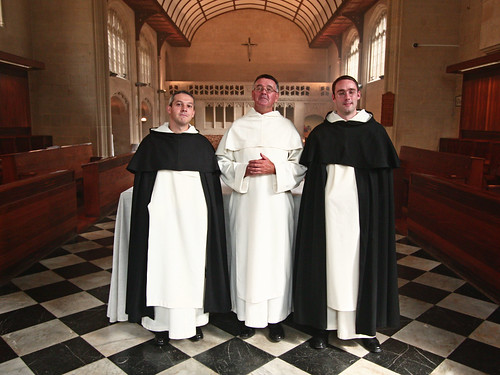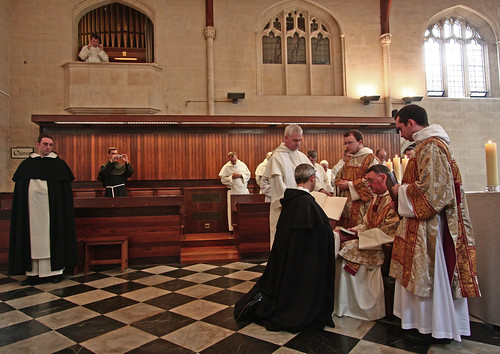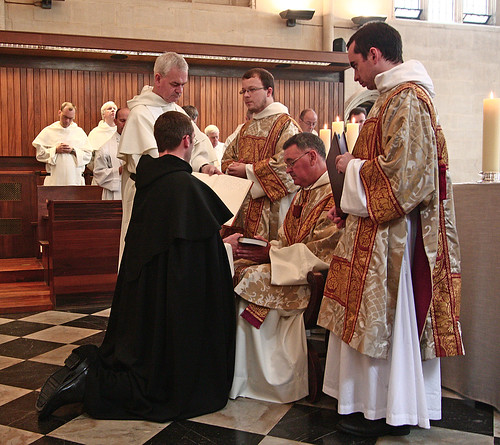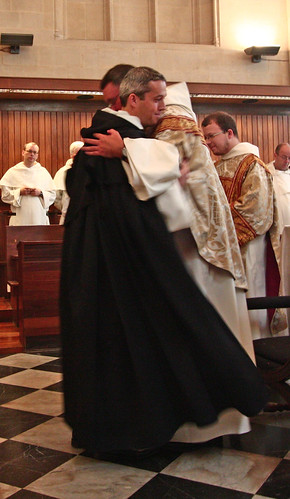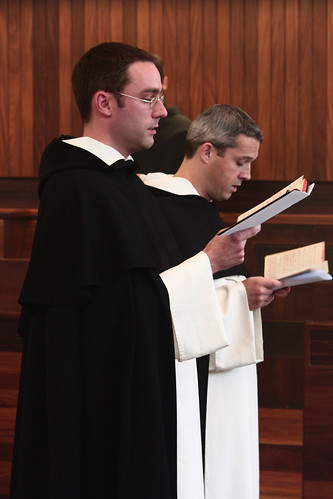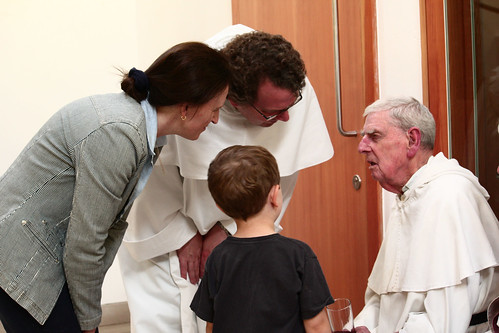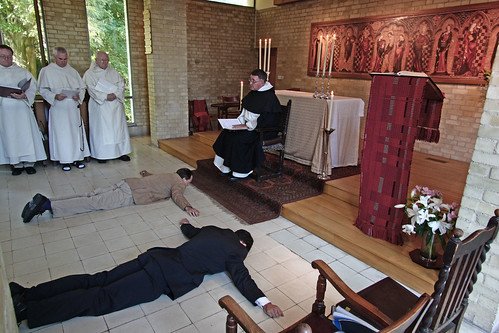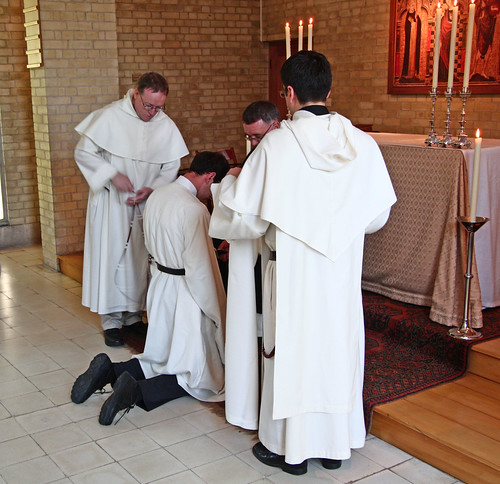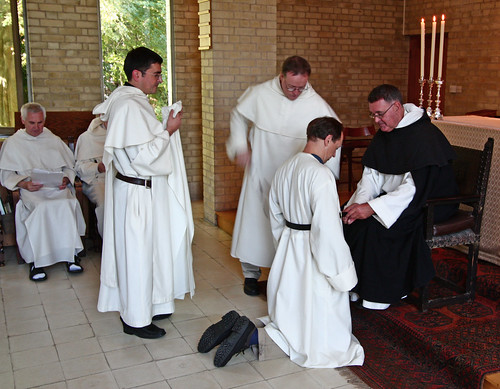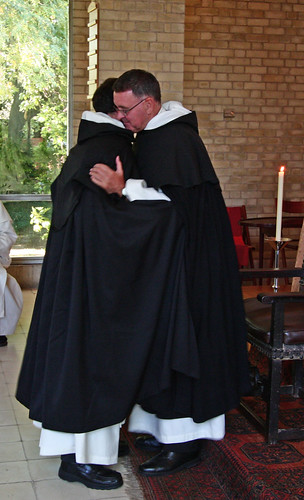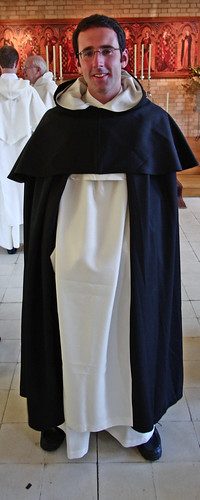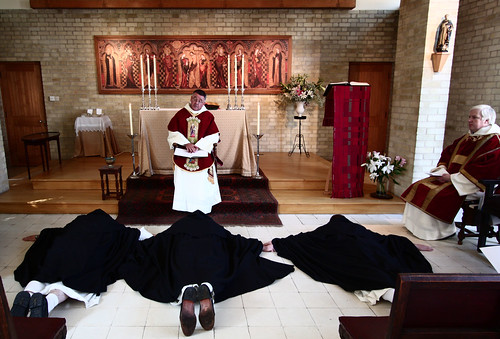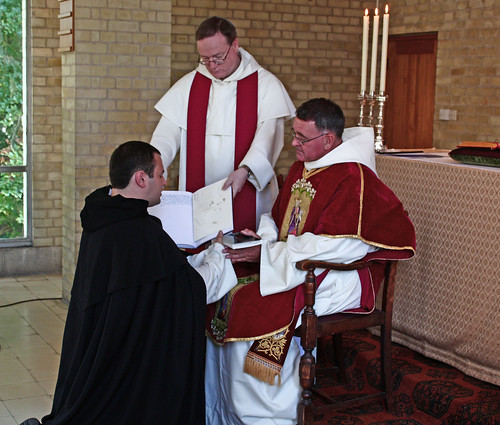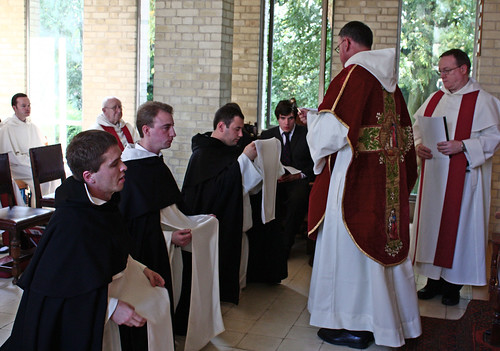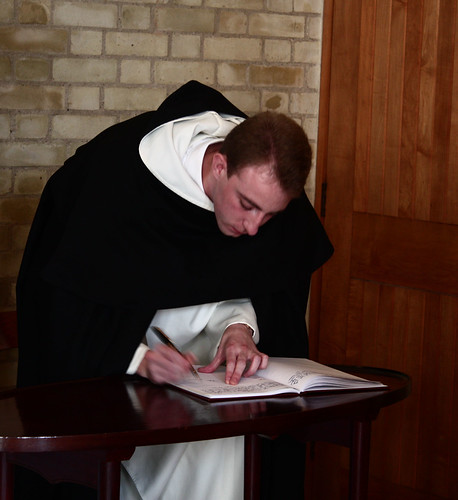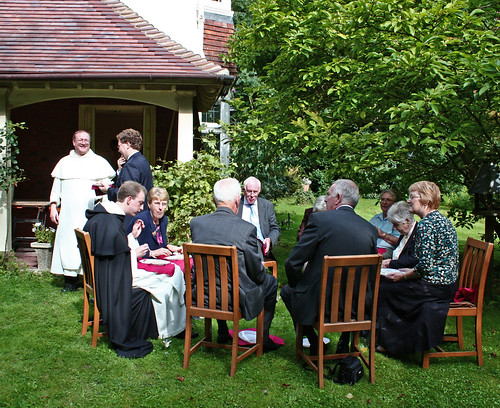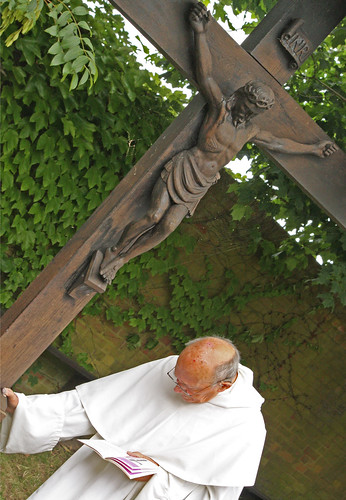 St. Paul mostly uses the concept of zeal or eagerness in a negative way perhaps because he associates it with the zeal for persecuting Christians that he had before his conversion. Paul thinks of zeal as the attitude of a man who is focused on attaining righteousness through the law. He writes in Philippians 3:6, describing how pious he was before his conversion, that “as to zeal, [I was] a persecutor of the church”. Paul was a man whose zeal for the Lord was so great that he could not bear to see what he then thought of as the blasphemy of Christians who dared to claim that this man Jesus was divine. This zeal led him to persecute Christians and to oversee the execution of the first martyr for Christ, St. Stephen: “And Saul approved of their killing him” (Acts 8:1).
St. Paul mostly uses the concept of zeal or eagerness in a negative way perhaps because he associates it with the zeal for persecuting Christians that he had before his conversion. Paul thinks of zeal as the attitude of a man who is focused on attaining righteousness through the law. He writes in Philippians 3:6, describing how pious he was before his conversion, that “as to zeal, [I was] a persecutor of the church”. Paul was a man whose zeal for the Lord was so great that he could not bear to see what he then thought of as the blasphemy of Christians who dared to claim that this man Jesus was divine. This zeal led him to persecute Christians and to oversee the execution of the first martyr for Christ, St. Stephen: “And Saul approved of their killing him” (Acts 8:1). The Greek word that is translated 'zeal' can have several meanings including striving and jealously. From this we can infer that when Paul writes of pressing on towards the prize (Phil 3) he is describing the kind of zeal that should characterise a Christian. In the place of zeal for the ritual purity of the law should be a zeal for Christ and his gospel, and who could be a better example of this than Paul who evangelised an astonishingly large area of the Roman Empire with great fervour. The Christian regards as rubbish everything that he cared about in the world before he came to Christ and is willing to suffer the loss of all things in order to have Christ and to preach the good news to all. For Paul the focus of one’s desires is what characterises the Christian. The Christian man or woman does not have their mind set on earthly things but contemplates the heavenly glory that awaits those who suffer for the sake of the gospel. In Philippians Paul makes clear that our zeal is not to be for earthly things like power, wealth and prestige but instead we are to place our trust in the Spirit of Christ Jesus who overcame the world and the death that was the wages of sin.

